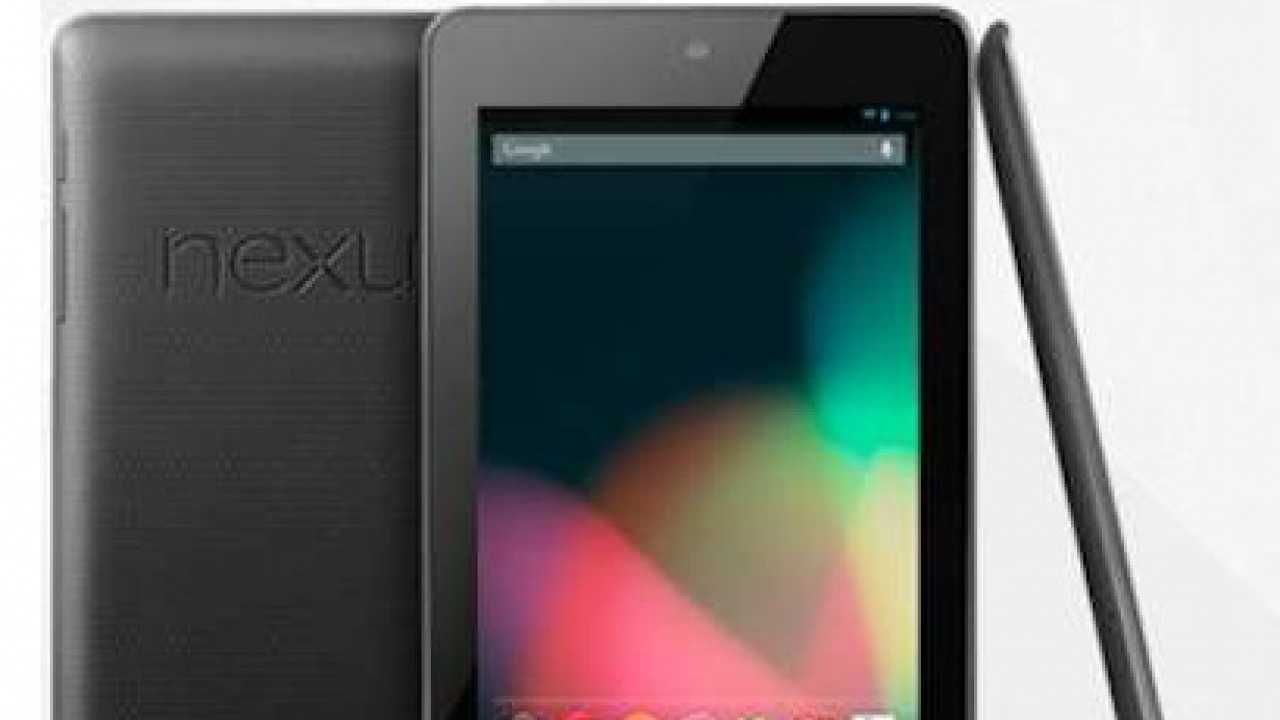
Product: Google's Nexus 7
Telegraph rating: ****1/2
Google announced its first tablet computer this week. Significantly undercutting Apple's pounds 499 iPad, the pounds 159 "Nexus 7" aims to popularise these new devices in the same way that Amazon's Kindle made e-readers mass-market. But the company's ambition is wider than that - it sees inexpensive computers running the living room and the lives of millions of users. And it wants to be the company that makes the software used on all of them.
The 7in device, which will launch this summer, is not a direct competitor for the iPad, however. It aims to take a different, cheaper route, leaving the very premium end of the market available for manufacturers such as Samsung, who use Google's Android software, to compete with Apple's all-conquering, innovative device. Google has added TV, magazines and movie purchasing to the Play Store, its rival to iTunes, so that it can challenge Apple effectively. Indeed, Google described its new tablet as "built for Google Play".
Underlying the firm's ambitions to dominate the future of computing is Android. This time last year, there were already 100 million devices running Android. Today there are 400 million, with 1 million new ones added each day. That may be 12 per second, but Google knows that not many of those are tablets.
So Google has identified two ways to tackle Apple - the first is to improve how all Android devices run by offering a software upgrade called Jelly Bean for phones and tablets. The aim is that people who use an Android phone will enjoy the experience so much that they will want to complete the "ecosystem" with an Android tablet. Google has tried, under the codename Project Butter, to make the software smoother and, to borrow a word from Apple, consistently "delightful". It's an apparently subtle change that should make a big difference to how people feel their phone or tablet works. The brain, Google points out, can detect a lag of even 10 milliseconds in how a touchscreen works.
The second strand is more conspicuous: a new product called Q (for America only so far) offers media streaming, while elsewhere there are new features for phones and tablets. These improve the way the voice search or the camera works, predict the next word you want to type, or allow you to dictate to your phone.
Other features automate existing features - for example, phones are able to learn when you commute and will automatically suggest a better route or tell you when your next bus leaves. If you've searched the internet for a flight, you can now be kept updated on its status, and if you're travelling Google can make translation more accessible.
All of this points towards Google putting its set of products together in a cleverer way - but they still need the army of software developers that has so far congregated around Apple.
At the San Francisco conference, Google made it clear they know that: "There's never been a better time to be a developer - now you can take an idea and build businesses."
If that convinces people, then Google will be able to do for the mass market what Apple has already done for the elite of iPad and iPhone users.
Google's Nexus 7 tablet feels like the device that might just usurp the Kindle. It does everything that Amazon's device has done so successfully since it launched in 2007, but with Google you can now also watch videos, browse beautifully rendered magazines and the web, and of course check your email.
A Kindle costs from just pounds 89, but those extra functions are likely to persuade a huge number of people to part with pounds 159.
Indeed, it's the design of the product that makes Google's mass-market ambitions clear. Just as the iPad is not worried by Kindle sales, so it is unlikely to be worried by the Nexus 7. This is a device that feels coolly utilitarian, rather than luxurious.
But Google is not the web search engine for a minority of users; it has always aimed to be ubiquitous. And with Nexus 7, it wants to make the ubiquitous tablet. The 7in screen does everything it needs to with a resolution of 1280px x 700px, and at 340g it weighs enough to feel substantial without being burdensome.
There are nudges toward the future, however: press the button to get to a standard Google search page and, rather than a blank screen you get details about flights or films you've recently searched for. That ties web search in with everyday life, and it makes the web increasingly central to a wider range of functions.
Battery life is claimed to be 9 hours of video playback, and getting those sorts of basics right will be crucial. The "quadcore" processor certainly feels more than fast enough.
Google claims the device "just feels right" - they're not making grand claims, but they're aiming far beyond the small minority of global web users who are iPad fans. This is a pretty good first shot at that target.